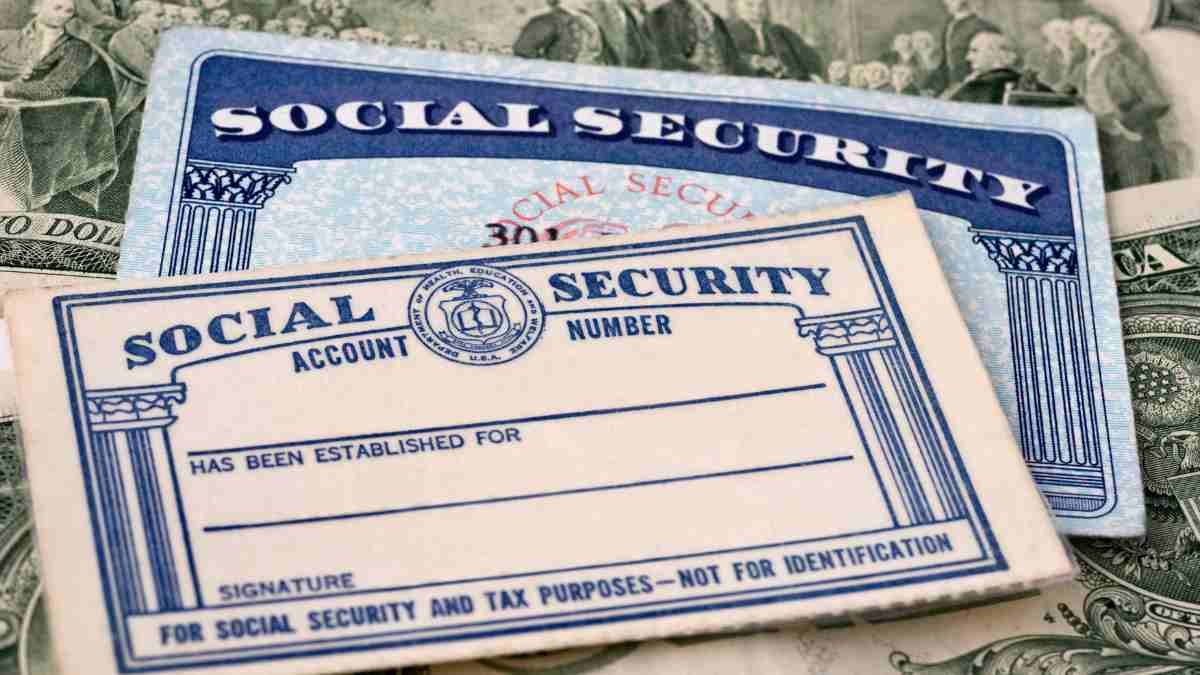With Thanksgiving around the corner, a major holiday in the United States, many retirees and Social Security beneficiaries may be wondering if their Social Security Administration (SSA) payments will be affected. Thanksgiving, observed on the fourth Thursday of November, is a federal holiday during which most institutions shut down. It’s only natural to ask whether your Social Security payment will arrive as expected or if the holiday could lead to any delays.
The SSA maintains a fixed payment schedule that usually remains unaffected by holidays. Payments are typically issued every Wednesday, following a structured timeline based on each beneficiary’s birth date.
Social Security payment schedule on holidays
Here’s how it works: if you were born between the 1st and the 10th of any month, you’ll receive your payment on the second Wednesday; if you were born between the 11th and the 20th, you’ll get it on the third Wednesday; and for those born between the 21st and the 31st, the payment arrives on the fourth Wednesday. Additionally, Supplemental Security Income (SSI) payments are issued on the first day of each month.
Since Thanksgiving falls on a Thursday, it does not disrupt this payment schedule. That means any payments due during Thanksgiving week will be deposited as usual on Wednesday, with no interruptions or delays due to the holiday. Beneficiaries can therefore expect to have their funds on hand in time for Thanksgiving festivities and, if they wish, for Black Friday shopping.
Payments for those receiving disability benefits
Social Security Disability Insurance (SSDI), a benefit provided by the SSA to people with severe disabilities, follows the same payment schedule as traditional Social Security benefits. This means that SSDI recipients can rely on the same Wednesday payment timing based on their birth date group.
This consistency in the payment schedule is particularly helpful for SSDI beneficiaries and others who rely on these funds, especially during times of the year when holidays may disrupt regular business operations for banks and other institutions. If you’re unsure about the exact date of your payment, you can confirm your deposit information through the SSA’s official website or by reaching out to their customer service.
The role of Social Security in beneficiaries’ lives
The SSA administers a range of financial assistance programs, covering retirement, disability benefits, and aid for elderly individuals with limited financial resources. These monthly payments don’t just help with basic expenses; they provide critical financial security at times when income might be tight. Thanksgiving and the year-end holidays often bring additional costs, and knowing a steady, on-time income is available can bring peace of mind for those who depend on these funds.
What to do if you don’t receive your payment on time
While the SSA’s schedule is reliable and rarely changes, occasional delays can still occur due to banking issues or unexpected glitches in the payment system. If you haven’t received your deposit on the scheduled day, the SSA advises waiting at least three days before contacting them, as it could simply be a temporary delay.
Your ability to access your funds largely depends on the bank handling your deposit and the SSA’s processing times. If any issues arise, you can contact the SSA directly to resolve any concerns regarding your payment.
If, after the recommended three-day waiting period, you still haven’t received your payment, consider checking with your bank to ensure there are no account-related issues that could be holding up the deposit.
Banks sometimes experience processing delays, particularly during high-traffic periods around holidays, and a quick call to your financial institution might clarify whether there are any internal reasons for the delay. Additionally, logging into your SSA account online can help you verify that the payment was issued on the correct date, allowing you to rule out any potential processing errors on the SSA’s end.
